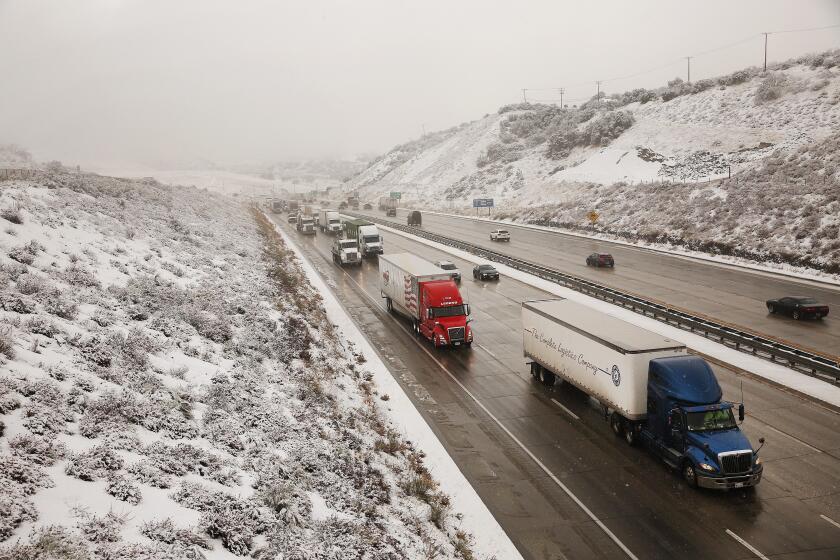Patt Morrison is a writer and columnist for the Los Angeles Times, where her work has spanned national politics and stories from the Los Angeles riots and earthquakes and the Space Shuttle to the Super Bowl – which she covered from inside a women’s bathroom – and the death of the Princess of Wales. As a member of two Los Angeles Times’ reporting teams, she has a share of two Pulitzer Prizes.
For her work hosting programs on public television and radio, she has received six Emmy awards and a dozen Golden Mikes. Patt is also a regular commentator on the Emmy-winning “L.A. Times Today” show on Spectrum 1.
Patt was featured on the cover of “Talkers” Magazine as one of its “Heavy 100” top radio hosts in the nation – a first for any local radio host. She created and hosted “Comedy Congress,” a political satire on her radio show, which twice earned Golden Mike awards as best public affairs show.
Her nonfiction books, “Rio L.A., Tales from the Los Angeles River” and “Don’t Stop the Presses! Truth, Justice, and the American Newspaper,” were both bestsellers.
A few among her myriad interview subjects: Salman Rushdie, Jimmy Carter, both James Watson and Francis Crick, Al Gore, Frank Gehry, four past and present Supreme Court justices (Sonia Sotomayor, Ruth Bader Ginsburg, Stephen Breyer and Sandra Day O’Connor), Norman Mailer, Carl Sagan, Gore Vidal, Kenneth Branagh, Jodie Foster, Jack Lemmon, Steve Martin, Edward Albee, Timothy Leary, Jane Goodall, Stephen Hawking, Eldridge Cleaver, Ray Bradbury, Leonard Cohen, Oprah Winfrey and five of the seven original Mercury astronauts.
She was an early regular panelist on the radio comedy show “Wait, Wait – Don’t Tell Me!” She has been a crossword puzzle clue, the central figure in a diptych called “The Triumph of Civility,” by Los Angeles painter John Martin. Pink’s, the renowned Hollywood hot dog stand, named its vegetarian dog, the “Patt Morrison Baja Dog,” after her.
Latest From This Author
Eighty years ago, Japanese Americans held in prison camps were allowed to return home. But much of what they’d left behind was gone: homes, businesses, personal property.
Los Angeles took over as California’s top city after San Francisco’s 1906 earthquake and fires. What lessons can L.A. learn from this latest disaster?
A gold rush changed California’s history. That precious metal is back, striking the same reaction.
Despite California’s kumbaya vibe, a deep lode of hate and racist one-upmanship undergirds Southern California.
The controversy over the West Los Angeles VA campus is a classic L.A. fight -- one over land. And this happens to be some of the juiciest land in the city.
Nearly half a dozen such schools operated in California, taking Native American children from their families and purging them of everything that made them Indian. The program officially ended in 1969.
When a medfly quarantine in L.A. ended this summer, you could be forgiven for asking, “A what quarantine?” This is the tale of California’s long fight against an agricultural pest.
In Southern California, a long time has passed since our famed citrus crop dominated the landscape. The orange groves have instead gone to housing developments, nearly every one.
Your driving-directions app that bosses you around like a back-seat driver is squeezing the life out of Loyd Sigmon’s name and his namesake baby: the SigAlert.
KTLA, KFWB, KTTV, KNX — you know the call letters of local radio and TV stations and probably have a jingle or two stuck in your head. But where did this broadcasting alphabet soup originate?










